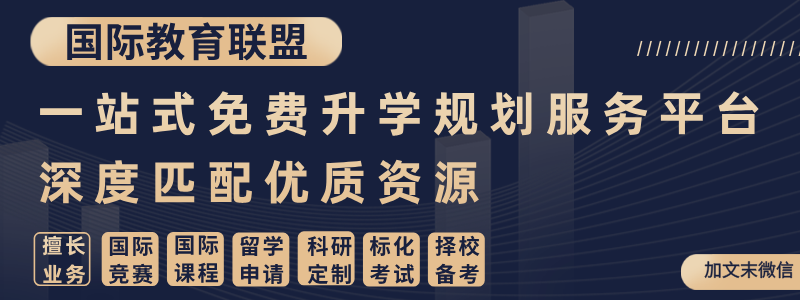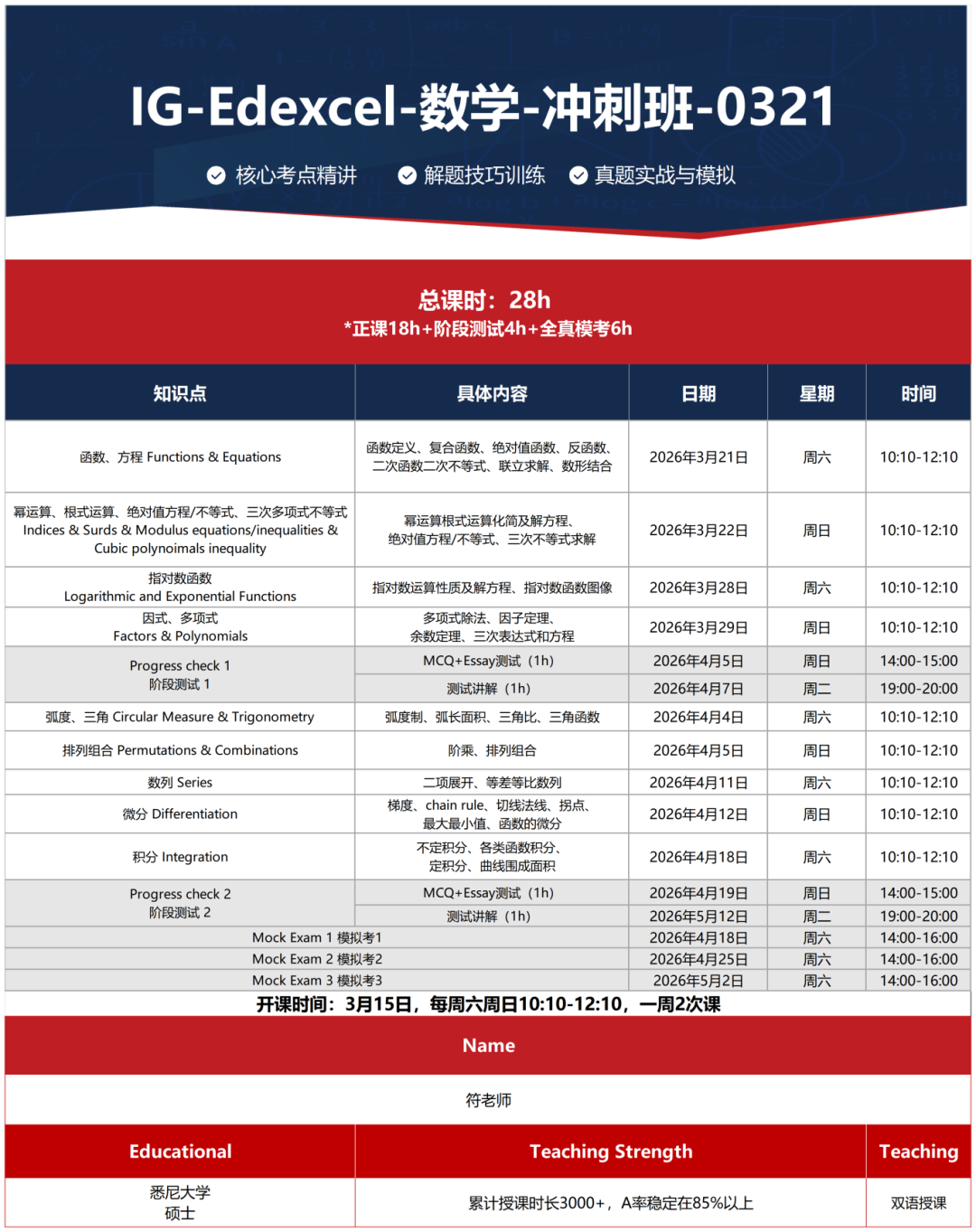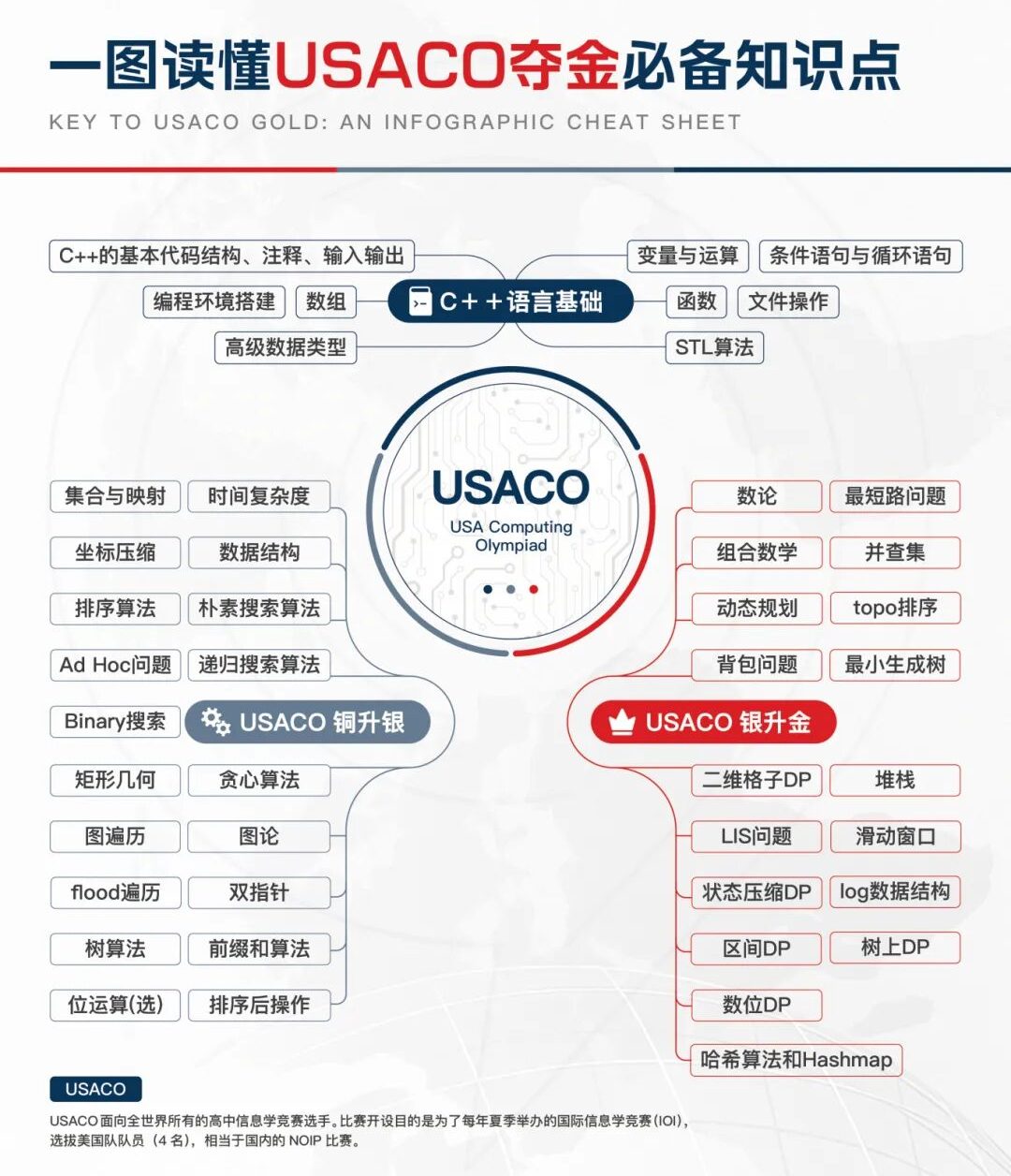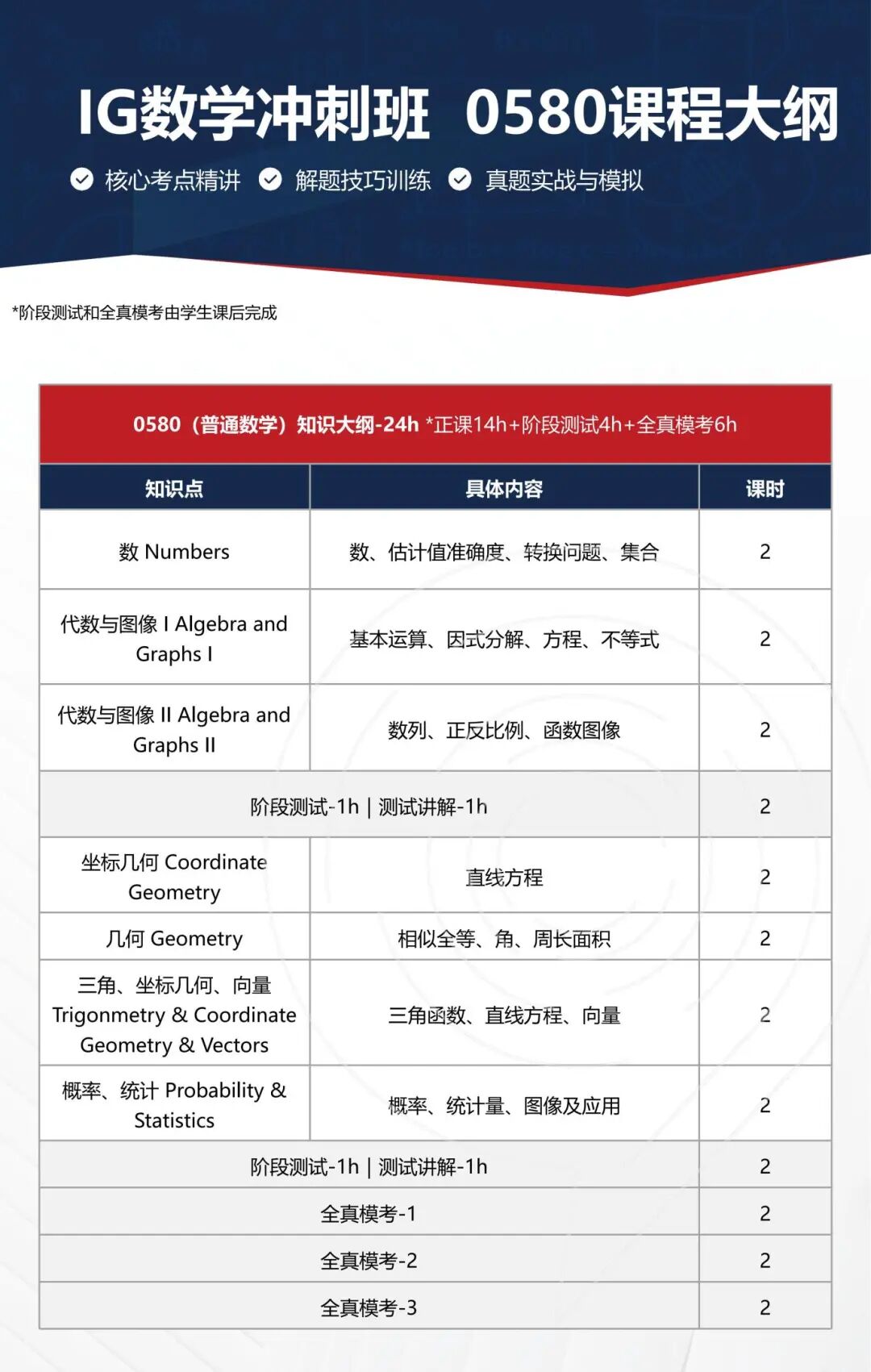自从疫情肆虐以来,许多美国大学提出了“可选政策”。哈佛研究生院教授认为,缺乏标化成绩,正如一个桌子缺了一条腿,一切只能取决于剩下的那几条腿。
如此文书、活动、GPA、推荐信等变得更为重要。
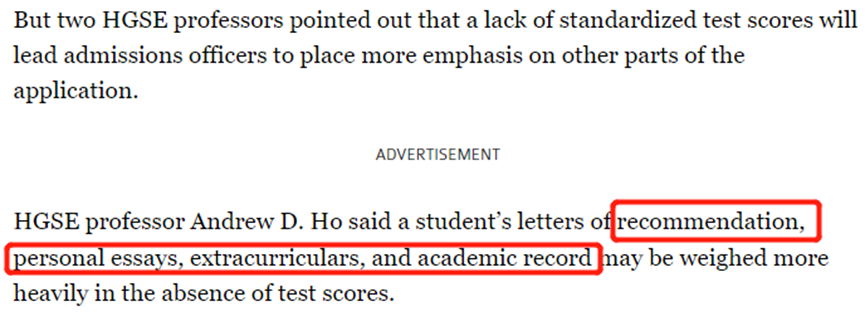
每年,哈佛大学都会邀请哈佛新生分享自己的申请文书,并从中精选10篇最佳文书进行官方点评发布。一起来看下哈佛更看重学生的哪些品质吧!
注:内容来源于哈佛校报《The Crimson》,内容有删改
Abigail Mack
一个字母获得哈佛录取
凭一个字母,让Abigail Mack收到哈佛、耶鲁等7所院校的offer,哈佛直接发likely letter。她在TikTok上分享自己文书的视频,受到1990万关注。
I hate the letter “S”. Of the 164,777 words with “S”, I only grapple with one.
To condemn an entire letter because of its use 0.0006% of the time sounds statistically absurd, but that one case changed 100% of my life. I used to have two parents, but now I have one, and the “S” in “parents” isn’t going anywhere.
“S” follows me. I can’t get through a day without being reminded that while my friends went out to dinner with their parents, I ate with my parent. As I write this essay, there is a blue line under the word “parent” telling me to check my grammar; even Grammarly assumes that I should have parents, but cancer doesn’t listen to edit suggestions. I won’t claim that my situation is as unique as 1 in 164,777, but it is still an exception to the rule - an outlier. The world isn’t meant for this special case.
The world wouldn’t abandon “S” because of me, so I tried to abandon “S”. I could get away from “S” if I stayed busy; you can’t have dinner with your “parent” (thanks again, Grammarly) if you’re too busy to have family dinner. Any spare time that I had, I filled. I became known as the “busy kid”- the one that everyone always asks, “How do you have time?” Morning meetings, classes, after school meetings, volleyball practice, dance class, rehearsal in Boston, homework, sleep, repeat. Though my specific schedule has changed over time, the busyness has not. I couldn’t fill the loss that “S” left in my life, but I could at least make sure I didn’t have to think about it. There were so many things in my life that I couldn’t control, so I controlled what I could- my schedule. I never succumbed to the stress of potentially over-committing. I thrived. It became a challenge to juggle it all, but I’d soon find a rhythm. But rhythm wasn’t what I wanted. Rhythm may not have an “S”, but “S” sure liked to come by when I was idle. So, I added another ball, and another, and another. Soon I noticed that the same “color” balls kept falling into my hands- theater, academics, politics. I began to want to come into contact with these more and more, so I further narrowed the scope of my color wheel and increased the shades of my primary colors.
Life became easier to juggle, but for the first time, I didn’t add another ball. I found my rhythm, and I embraced it. I stopped running away from a single “S” and began chasing a double “S”- passion. Passion has given me purpose. I was shackled to “S” as I tried to escape the confines of the traditional familial structure. No matter how far I ran, “S” stayed behind me because I kept looking back. I’ve finally learned to move forward instead of away, and it is liberating. “S” got me moving, but it hasn’t kept me going.
I wish I could end here, triumphant and basking in my new inspiration, but life is more convoluted. Motivation is a double edged sword; it keeps me facing forward, but it also keeps me from having to look back. I want to claim that I showed courage in being able to turn from “S”, but I cannot. Motivation is what keeps “S” at bay. I am not perfectly healed, but I am perfect at navigating the best way to heal me. I don’t seek out sadness, so “S” must stay on the sidelines, and until I am completely ready, motivation is more than enough for me.
. 官方点评
阿比盖尔的文书选了最微妙的一个话题:家庭悲剧。常见的错误方式是把一个悲惨的事件用太多悲伤来渲染,以至于除了故事外并不能看到作者本身的个性。
但阿比盖尔巧妙的避开这点,用字母“S”贯穿整个故事,并用引人入胜的方式分享了个人成长。
阿比盖尔并没有把重心放在父母一人的死亡上,而是面对生活变故她如何不得不做出调整,这个感觉更令人心酸。
这里有一种诚实,她坦诚地向读者揭示了她试图通过不断忙碌来填补生活中的空白。让自己重新拾起对生活的热情。
整篇文章的语言生动又真诚。文章结尾本可以用一种叙事的方式完美结束,但阿比盖尔更明智的承认“生活更加复杂”。这种超越年龄的成熟令人印象深刻,能感受到她对生活的思考和成长。
Carrie:把兴趣和学习结合
把枯燥的学科学习变得生动有趣,精准戳中招生官的心,堪称教科书级的“哈佛文书”。
The best compliment I ever received was from my little brother: “My science teacher’s unbelievably good at telling stories,” he announced. “Nearly as good as you.” I thought about that, how I savor a good story the way some people savor last-minute touchdowns.
I learned in biology that I’m composed of 7 × 10 27 atoms, but that number didn’t mean anything to me until I read Bill Bryson’s A Short History of Nearly Everything. One sentence stayed with me for weeks: “Every atom you possess has almost certainly passed through several stars and been part of millions of organisms on its way to becoming you.” It estimates that each human has about 2 billion atoms of Shakespeare hanging around inside—quite a comfort, as I try to write this essay. I thought about every one of my atoms, wondering where they had been and what miracles they had witnessed.
My physical body is a string of atoms, but what of my inner self, my soul, my essence? I’ve come to the realization that my life has been a string as well, a string of stories. Every one of us is made of star stuff, forged through fires, and emerging as nicked as the surface of the moon. It frustrated me no end that I couldn’t sit down with all the people I met, interrogating them about their lives, identifying every last story that made them who they are.
I remember how magical it was the first time I read a fiction book: Harry Potter and the Sorcerer’s Stone. I was duly impressed with Quidditch and the Invisibility Cloak, of course, but I was absolutely spellbound by how much I could learn about Harry. The kippers he had for breakfast, the supplies he bought for Potions—the details everyone skimmed over were remarkable to me. Fiction was a revelation. Here, at last, was a window into another person’s string of stories!
Over the years, I’ve thought long and hard about that immortal question: What superpower would you choose? I considered the usual suspects—invisibility, superhuman strength, flying—but threw them out immediately. My superhero alter ego would be Story Girl. She wouldn’t run marathons, but she could walk for miles and miles in other people’s shoes. She’d know that all it takes for empathy and understanding is the right story.
Imagine my astonishment when I discovered Radiolab on NPR. Here was my imaginary superpower, embodied in real life! I had been struggling with AP Biology, seeing it as a class full of complicated processes and alien vocabulary. That changed radically when I listened, enthralled, as Radiolab traced the effects of dopamine on love and gambling. This was science, sure, but it was science as I’d never heard it before. It contained conflict and emotion and a narrative; it made me anxious to learn more. It wasn’t that I was obtuse for biology; I just hadn’t found the stories in it before.
I’m convinced that you can learn anything in the form of a story. The layperson often writes off concepts—entropy, the Maginot Line, anapestic meter—as too foreign to comprehend. But with the right framing, the world suddenly becomes an open book, enticing and ripe for exploration. I want to become a writer to find those stories, much like Jad Abumrad and Robert Krulwich from Radiolab, making intimidating subjects become familiar and inviting for everyone. I want to become Story Girl.
. 官方点评
Carrie用弟弟的赞扬点出自己最擅长的事:讲故事。她明确表示自己是个有好奇心和创造力的人,这一特质受到招生官的重视,让人忍不住继续读下去。
Carrie把兴趣和生物科学相结合,能够突出她过去的经历如何帮助她克服新的挑战。这使她成功塑造成一个足智多谋的问题解决者:这是大学非常重视学生的特质。
在文章最后,Carrie阐述完自己的目标外,还明确表示她愿意为社会变革、为哈佛大学做出贡献的热情。
Anthony:在日本夏天的学习和成长
安东尼曾在日本读过两个夏天,他把自己学到的知识梳理成文字,既展现出文字功底又表现出自己的成长。
I had never seen houses floating down a river. Minutes before there had not even been a river. An immense wall of water was destroying everything in its wake, picking up fishing boats to smash them against buildings. It was the morning of March 11, 2011. Seeing the images of destruction wrought by the earthquake and tsunami in Japan, I felt as if something within myself was also being shaken, for I had just spent two of the happiest summers of my life there.
In the summer of my freshman year, I received the Kikkoman National Scholarship, which allowed me to travel to Japan to stay with a host family in Tokyo for ten weeks. I arrived just as the swine flu panic gripped the world, so I was not allowed to attend high school with my host brother, Yamato. Instead, I took Japanese language, judo, and karate classes and explored the confusing sprawl of the largest city in the world. I spent time with the old men of my neighborhood in the onsen, or hot spring, questioning them about the Japan of their youth. They laughed and told me that if I wanted to see for myself, I should work on a farm.
The next summer I returned to Japan, deciding to heed the old men’s advice and volunteer on a farm in Japan’s northernmost island, Hokkaido. I spent two weeks working more than fourteen hours a day. I held thirty-pound bags of garlic with one hand while trying to tie them to a rope hanging from the ceiling with the other, but couldn’t hold the bags in the air long enough. Other days were spent pulling up endless rows of daikon, or Japanese radish, which left rashes on my arms that itched for weeks. Completely exhausted, I stumbled back to the farmhouse, only to be greeted by the family’s young children who were eager to play. I passed out every night in a room too small for me to straighten my legs. One day, I overslept a lunch break by two hours. I awoke mortified, and hurried to the father. After I apologized in the most polite form of Japanese, his face broke into a broad grin. He patted me on the back and said, “You are a good worker, Anthony. There is no need to apologize.” This single exchange revealed the true spirit of the Japanese farmer. The family had lived for years in conditions that thoroughly wore me out in only a few days. I had missed two hours of work, yet they were still perpetually thankful to me. In their life of unbelievable hardship, they still found room for compassion.
When I had first gone to Tokyo, I had sought the soul of the nation among its skyscrapers and urban hot springs. The next summer I spurned the beaten track in an attempt to discover the true spirit of Japan. While lugging enormously heavy bags of garlic and picking daikon, I found that spirit. The farmers worked harder than anyone I have ever met, but they still made room in their hearts for me. So when the tsunami threatened the people to whom I owed so much, I had to act. Remembering the lesson of compassion I learned from the farm family, I started a fund-raiser in my community called “One Thousand Cranes for Japan.” Little more than two weeks later, we had raised over $8,000 and a flock of one thousand cranes was on its way to Japan.
. 官方点评
这篇文章干净又直接。他的优点就在于他的简单性。他介绍了自己第一次探索东京,学习了语言和文化,第二次去体验日本乡村生活。让我们感受到他是一个有趣、勤奋、求知欲强、敬业和谦虚的人,这是招生官所寻找的特质。
我们喜欢看到申请人如何从头到尾学习,成长或改变。
而且在文章最后他把自己为日本海啸筹款与开头呼应起来,给读者留下深刻的印象。
但这篇文章并不完美,他或许可以简单说下去日本的原因,日本语言、文化是否和他的学术或兴趣有关。但即使这些内容有缺失,也不妨碍这篇文章的优秀。
Elizabeth:以小见大
以小见大是文书写作常用的手法。伊丽莎白通过自己擅长的绘画,展示出为自己的生活和学习带来的一些思考,让文章更鲜活。
"Paint this vase before you leave today," my teacher directed as she placed foreign brushes and paints in my hands. I looked at her blankly. Where were the charts of colors and books of techniques? Why was her smile so decidedly encouraging? The sudden expectations made no sense.
She smiled. "Don't worry, just paint."
In a daze, I assembled my supplies the way the older students did. I was scared. I knew everything but nothing. And even in those first blissful moments of experimentation, it hurt to realize that my painting was all wrong. The gleam of light. The distorted reflection. A thousand details taunted me with their refusal to melt into the glass. The vase was lifeless at best.
As the draining hours of work wore on, I began wearing reckless holes in my mixing plate. It was my fourth hour here. Why had I not received even a single piece of guidance?
At the peak of my frustration, she finally reentered the studio, yawning with excruciating casualness. I felt myself snap.
"I barely know how to hold a brush," I muttered almost aggressively, "how could I possibly have the technique to paint this?"
She looked at me with a shocked innocence that only heightened the feeling of abandonment. "What do you mean you don't have the technique?"
It was as though she failed to realize I was a complete beginner.
And then suddenly she broke into a pitch of urgent obviousness: "What are you doing! Don't you see those details?? There's orange from the wall and light brown from the floor. There's even dark green from that paint box over there. You have to look at the whole picture," she stole a glance at my face of bewilderment, and, sighing, grabbed my paint,stained hand. "Listen, it's not in here," she implored, shaking my captive limb. "It's here." The intensity with which she looked into my eyes was overwhelming.
I returned the gaze emptily. Never had I been so confused…
But over the years I did begin to see. The shades of red and blue in gray concrete, the tints of Phthalo in summer skies, and winter’s Currelean. It was beautiful and illogical. Black was darker with green and red, and white was never white.
I began to study animals. The proportions and fan brush techniques were certainly difficult, but they were the simple part. It was the strategic tints of light and bold color that created life. I would spend hours discovering the exact blue that would make a fish seem on the verge of tears and hours more shaping a deer’s ears to speak of serenity instead of danger.
In return for probing into previously ignored details, my canvas and paints opened the world. I began to appreciate the pink kiss of ever-evolving sunsets and the even suppression of melancholy. When my father came home from a business trip, it was no longer a matter of simple happiness, but of fatigue and gladness' underlying shades. The personalities who had once seemed so annoyingly arrogant now turned soft with their complexities of doubt and inspiration. Each mundane scene is as deep and varied as the paint needed to capture it.
One day, I will learn to paint people. As I run faster into the heart of art and my love for politics and law, I will learn to see the faces behind each page of cold policy text, the amazing innovation sketched in the tattered Constitution, and the progressiveness living in oak-paneled courts.
It won’t be too far. I know that in a few years I will see a thousand more colors than I do today. Yet the most beautiful part about art is that there is no end. No matter how deep I penetrate its shimmering realms, the enigmatic caverns of wonder will stay.
. 官方点评
我最喜欢的文书,从一个小的事情开始,最后将这个小事情和世界更大的真相联系起来。伊丽莎白就巧妙地用了这一手法。
文章开始她用对话把读者带场景,分享了让场景生动的细节,但跳过了背景和解释。这些解释可能会让读者厌烦。
SPARC的论文写作方法说,好的文书要能展示学生如果做好这五件事中的至少一件:抓住机会、克服困难追求目标、提出重要问题、承担明智的奉献、用有限的资源创造价值。这篇文章就是个很好的例子。
他最优秀的地方在于展示作者尽管会有沮丧,但仍努力解决问题,追求自己的目标。
绘画的经历不仅让作者欣赏到夕阳色彩的美,也让她明白生活中没有什么是黑白的,她把艺术兴趣与政治科学联系在一起,让她的形象更为亮眼。
Alex:北京地铁见闻
I entered the surprisingly cool car. Since when is Beijing Line 13 air-conditioned? I’ll take it. At four o’clock in the afternoon only about twenty people were in the subway car. “At least it’s not crowded,” one might have thought. Wrong. The pressure of their eyes on me filled the car and smothered me. “看看!她是外国人!”(Look, look! She’s a foreigner!) An old man very loudly whispered to a child curled up in his lap. “Foreigner,” he called me. I hate that word, “foreigner.” It only explains my exterior. If only they could look inside.…
They would know that I actually speak Chinese—not just speak, but love. They would know that this love was born from my first love of Latin—the language that fostered my admiration of all languages. Latin lives in the words we speak around the world today. And translating this ancient language is like watching a play and performing in it at the same time. Each word is an adventure, and on the journey through Virgil’s Aeneid I found that I am more like Aeneas than any living, dead, or fictional hero I know. We share the intrinsic value of loyalty to friends, family, and society. We stand true to our own word, and we uphold others to theirs. Like Aeneas’s trek to find a new settlement for his collapsed Troy, with similar perseverance I, too, wander the seas for my own place in the world. Language has helped me do that.
If these subway passengers understood me, they would know that the very reason I sat beside them was because of Latin. Even before Aeneas and his tale, I met Caecilius and Grumio, characters in my first Latin textbook. In translations I learned grammar alongside Rome’s rich history. I realized how learning another language could expose me to other worlds and other people—something that has always excited me. I also realized that if I wanted to know more about the world and the people in it, I would have to learn a spoken language. Spanish, despite the seven years of study prior to Latin, did not stick with me. And the throatiness of French was not appealing. But Chinese, more than these other traditional languages, intrigued me. The doors to new worlds it could open seemed endless. Thus I chose Chinese.
If these subway passengers looked inside me, they would find that my knowledge of both Latin and Chinese makes me feel whole. It feels like the world of the past is flowing through me alongside the world of the future. Thanks to Latin, Chinese sticks in my mind like the Velcro on the little boy’s shoes in front of me. If this little boy and his family and friends could look inside, they would understand that Latin laid the foundation for my lifelong commitment to languages. Without words, thoughts and actions would be lost in the space between our ears. To them, I am a foreigner, “外国人” literally translated as “out-of-country person.” I feel, however, more like an advena, the Latin word for “foreigner,” translated as “(one who) comes to (this place).” I came to this place, and I came to this country to stay. Unfortunately, they will not know this until I speak. Then once I speak, the doors will open.
. 官方点评
文书的目的有两个:让招生官深入了解到申请材料外的你,同时证明你的写作能力。这样表明你有能力成为招生官所在学校的好学生。
亚历克斯以一种有趣的方式实现这两个目标。老实说作为一个会五种语言的人,我不完全同意她对语言的评估,但她引起我的好奇,我想继续读。
提到身份认同,很多学生会误以为要写出一些感人肺腑的故事,但我不这么认为,作为一名招生工作者,我很欣赏Alex的做法——讲述如何利用自己的“外国人身份”创造出一个学习的机会或一个改变的契机,这种谦虚且开放的态度,是一个优秀学生必不可少的特质。
她的行文结构很清晰,即便运用了中文,也没有语法和拼写错误,证明她的写作底子很硬。这就是我看这篇文书的整体感受。
通过以上优秀申请文书,我们可以总结出一些哈佛大学的录取特点:
坚持种族平等与多样
优秀文书来自不同种族的学生,有亚裔、韩裔、白人等不同种族和文化背景。
鲜活地展现成长的故事
这些故事或是以小见大 、突出思考,或是通过个人兴趣展现独特之处,或是借助“高光时刻”展示抱负和志趣……但不外乎自我认知、兴趣爱好、以及未来期许等角度。
展示在成长中的深刻思考
招生官点评文书时最常用的词是“成长”、“反省”以及“真情实感”。无论是写对书法的热爱,还是写文化和宗教的探索,同学们都展现了自我成长过程中的深刻反思与收获。
哈佛文书在题材真实独特的基础上紧抓“反思”“成长”“创意”三个关键词,在反思中体现解决问题的积极态度,用有细节的经历去反映成长,在布局中彰显巧妙的创意。
好的文书是拉近你和招生官距离的捷径。


